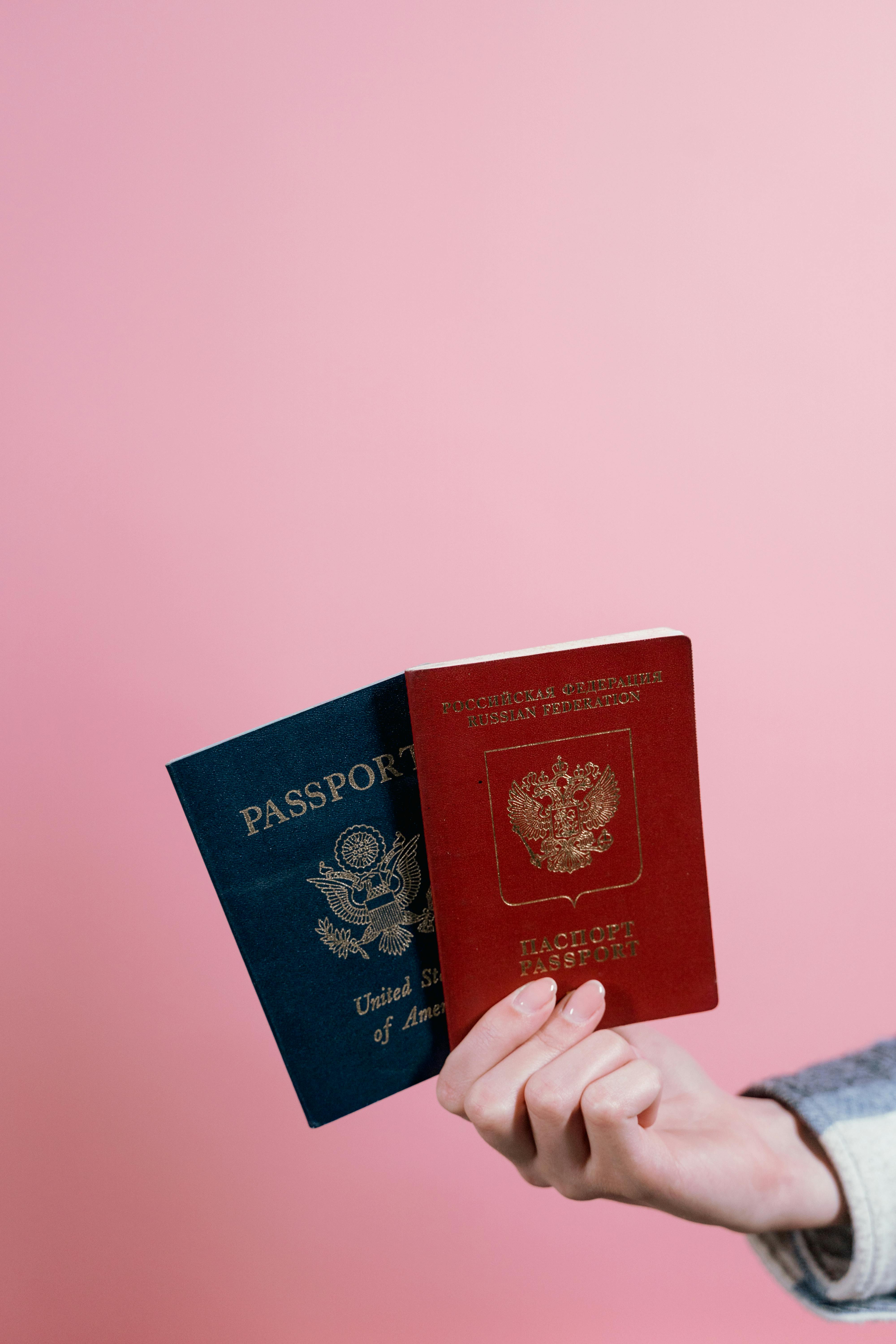
Introduction
In an age where our online presence heavily influences various aspects of our lives, understanding the latest updates concerning visa application processes is crucial. Recently, the US Embassy in India announced an important requirement for those seeking a visa to the United States: all applicants must now provide their social media handles used over the past five years in their DS-160 application form. This new policy not only reflects the evolving nature of immigration protocols but also emphasizes the significance of transparency in a digital world.
Understanding the New Rule
The directive from the US Embassy indicates that applicants are required to disclose usernames from a range of social media platforms, including:
- X (formerly Twitter)
- TikTok
- YouTube
This requirement extends to all accounts, whether active or dormant. If an account was established or utilized in the last five years, it must be reported. This unprecedented move aims to enhance security measures and ensure thorough evaluations of potential threats by the US government.
Consequences of Non-Disclosure
Failure to disclose social media accounts can have dire ramifications for visa applicants. The implications of leaving out information may include:
- Immediate visa denial
- Extended processing times that may delay entry plans
- Potential complications in future visa applications due to flagged accounts
Importantly, even the intentional neglect of social media identifiers could be viewed as misinformation, significantly jeopardizing an applicant’s chances for future American visits.
Reasons Behind the New Requirement
The rationale behind this new protocol is deeply rooted in national security efforts. The US Department of State has mandated this move to help verify individual identities and identify any potential security risks linked with visa applicants. Social media activity can provide valuable insights that assist immigration officials in their vetting processes.
This practice aligns with a broader global trend in which immigration authorities utilize publicly available online data as part of their thorough background checks.
Steps for Future Applicants
For those preparing to apply for a US visa, it is essential to take proactive measures in light of these requirements. Here are several steps to follow:
- Review all social media accounts you have had over the last five years.
- Compile a comprehensive list of all usernames as they appear on each platform.
- Don’t exclude any platforms that may seem trivial; even minor accounts matter.
- Ensure transparency in your application—it’s better to err on the side of caution.
Conclusion: The Importance of Transparency
This new rule serves as a pivotal reminder for Indian visa seekers and international travelers alike. In the contemporary digital landscape, your online identity can significantly impact your real-world opportunities. Adhering to the guidelines on the DS-160 form is not merely about compliance; it’s an essential demonstration of integrity and accuracy.
For students, professionals, tourists, and all prospective travelers, understanding and embracing this requirement is imperative for securing visa approval. Staying informed and ensuring your visa application is thorough and verifiable will facilitate a smoother visa process.
As policies and technology evolve, it is vital to keep abreast of updates from official embassy sources to maintain compliance and enhance your chances of a successful application.
